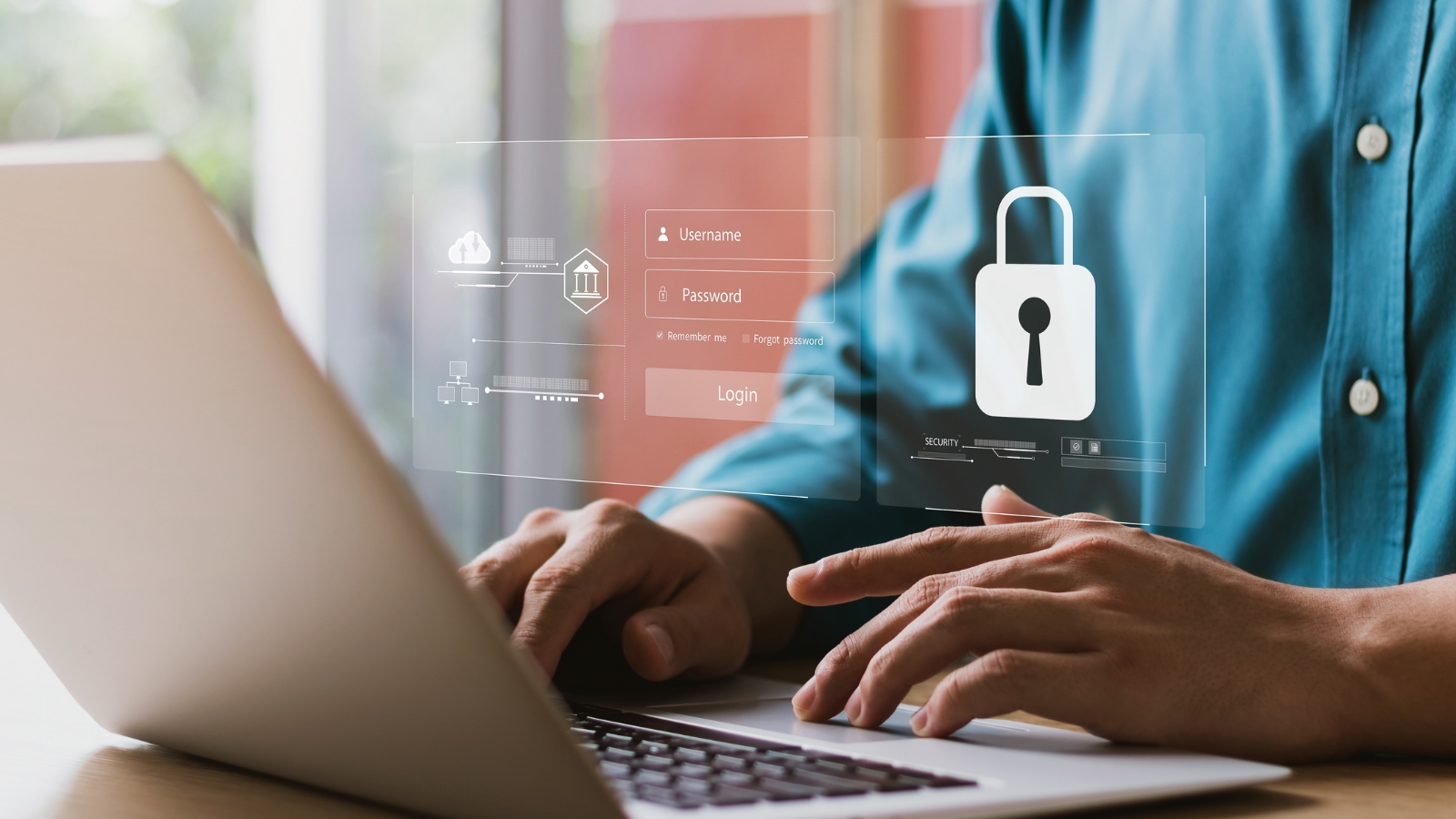Recovering access to your hacked account is just the first step. The real challenge lies in ensuring it doesn’t happen again. In Preventing Future Account Hacks: Best Practices After Recovery, we provide a comprehensive checklist to secure your accounts and digital life. Ethical hackers and cybersecurity experts agree—post-recovery action is crucial for long-term protection.
With digital threats rising, individuals and businesses must adopt a proactive defense strategy. In this guide, you’ll learn what steps to take immediately after recovering an account and how to implement security best practices moving forward.
Why Preventing Future Account Hacks Matters
According to IBM’s 2024 Cost of a Data Breach report, 19% of breaches were due to previously compromised credentials. Many victims failed to take post-recovery steps. Preventing future account hacks isn’t just about adding a new password. It involves behavioral changes, layered defenses, and regular audits.
Ethical hackers from Hire a Hacker Expert emphasize that clients often return after repeat compromises—usually because they didn’t change habits or apply stronger security controls after recovery.
Step 1: Change All Compromised Credentials Immediately
Once access is regained, reset all credentials:
-
Update your passwords with strong, unique combinations (use a password manager).
-
Change recovery email addresses and phone numbers if they were altered.
-
Enable Multi-Factor Authentication (MFA) to block unauthorized logins.
Never reuse passwords across platforms. Each account should have a unique password and MFA where available.

Step 2: Perform a Comprehensive Security Audit
Ethical hackers recommend a full post-incident review to understand the hack’s impact.
Checklist for Security Audits:
-
Review login history and device activity logs.
-
Check for unauthorized forwarding rules in email accounts.
-
Confirm no new API keys, apps, or browser extensions were added.
-
Inspect connected third-party services for suspicious access.
The Role of Ethical Hackers in Law Enforcement Investigations
If you need support, ethical hackers can provide guided audits or system hardening as detailed in their incident response service.
Step 3: Secure Other Linked Accounts
Hacks often affect more than one platform. Attackers use access to one account to pivot and breach others.
Actions to Take:
-
Reset passwords on linked services (e.g., Google, Facebook logins).
-
Check bank and payment apps for unusual activity.
-
Notify contacts about the breach if impersonation occurred.
A single vulnerability can expose a wide array of accounts. Preventing future account hacks requires breaking the chain across platforms.
Step 4: Monitor for Ongoing Threats
Even after recovery, attackers may try again. Set up monitoring systems:
-
Use security alerts and device login notifications.
-
Subscribe to breach monitoring services like Have I Been Pwned.
-
Regularly check your data on dark web monitoring platforms.
Staying informed about future threats allows early detection and rapid response.
Step 5: Implement Device-Level Protections
Hacks don’t always start in the cloud—they often begin at the device level.
Device Hardening Tips:
-
Keep operating systems and apps fully updated.
-
Run real-time antivirus and anti-malware scanners.
-
Use encrypted storage and secure backups.
-
Set up firewalls and VPNs on public networks.
Devices are the frontlines of digital defense. Strong endpoint security is essential to preventing future account hacks.
Step 6: Improve Digital Hygiene and Behavior
Human error is a top cause of account compromise. Better habits reduce your exposure.
Key Habits to Adopt:
-
Don’t click unknown links or download attachments from suspicious emails.
-
Avoid using unsecured public Wi-Fi for sensitive logins.
-
Use zero trust practices—verify everything, trust nothing by default.
-
Limit access privileges on shared devices or organizational systems.
Train employees and family members alike. Cybersecurity is only as strong as its weakest user.
Step 7: Backups and Disaster Recovery Planning
Recovering from future attacks will be easier with regular backups.
-
Set up automatic cloud backups with versioning.
-
Store important documents in encrypted local drives as secondary protection.
-
Test restoration procedures quarterly.
A reliable backup ensures you can recover data quickly if an account gets compromised again.
Step 8: Consider Ethical Hacking Services
Engaging professional ethical hackers can expose weaknesses before attackers do. Services may include:
-
Penetration testing to simulate real-world attacks.
-
Security assessments of your devices and applications.
-
Account monitoring for suspicious activity across platforms.
Visit Hire a Hacker Expert to explore customized solutions that prevent repeat hacks.
Post-Recovery Best Practices at a Glance
| Best Practice | Description |
|---|---|
| Password Updates | Use strong, unique passwords + MFA. |
| Full Security Audit | Review logs, connected apps, and browser activity. |
| Link Check | Secure all other accounts connected to the compromised one. |
| Threat Monitoring | Use breach alerts, login notifications, and dark web scans. |
| Device Hardening | Secure endpoints with AV tools, firewalls, and OS updates. |
| Behavior Change | Avoid risky behavior and adopt zero trust principles. |
| Backup Systems | Maintain and test cloud + local backups. |
| Professional Help | Hire ethical hackers for audits and penetration testing. |
Conclusion: Building a Stronger Defense After Recovery
Recovering from an account hack isn’t the finish line—it’s the beginning of smarter, stronger digital behavior. Preventing future account hacks requires layered security, improved habits, and ongoing vigilance. Following this guide helps you minimize risk, protect sensitive information, and prepare for emerging threats.
From password resets to professional penetration testing, each step strengthens your digital footprint. Take action today, and don’t wait for another incident to harden your defenses.
Need help securing your digital presence after a breach? Reach out to the experts at Hire a Hacker Expert for personalized solutions to prevent future account hacks.



No responses yet